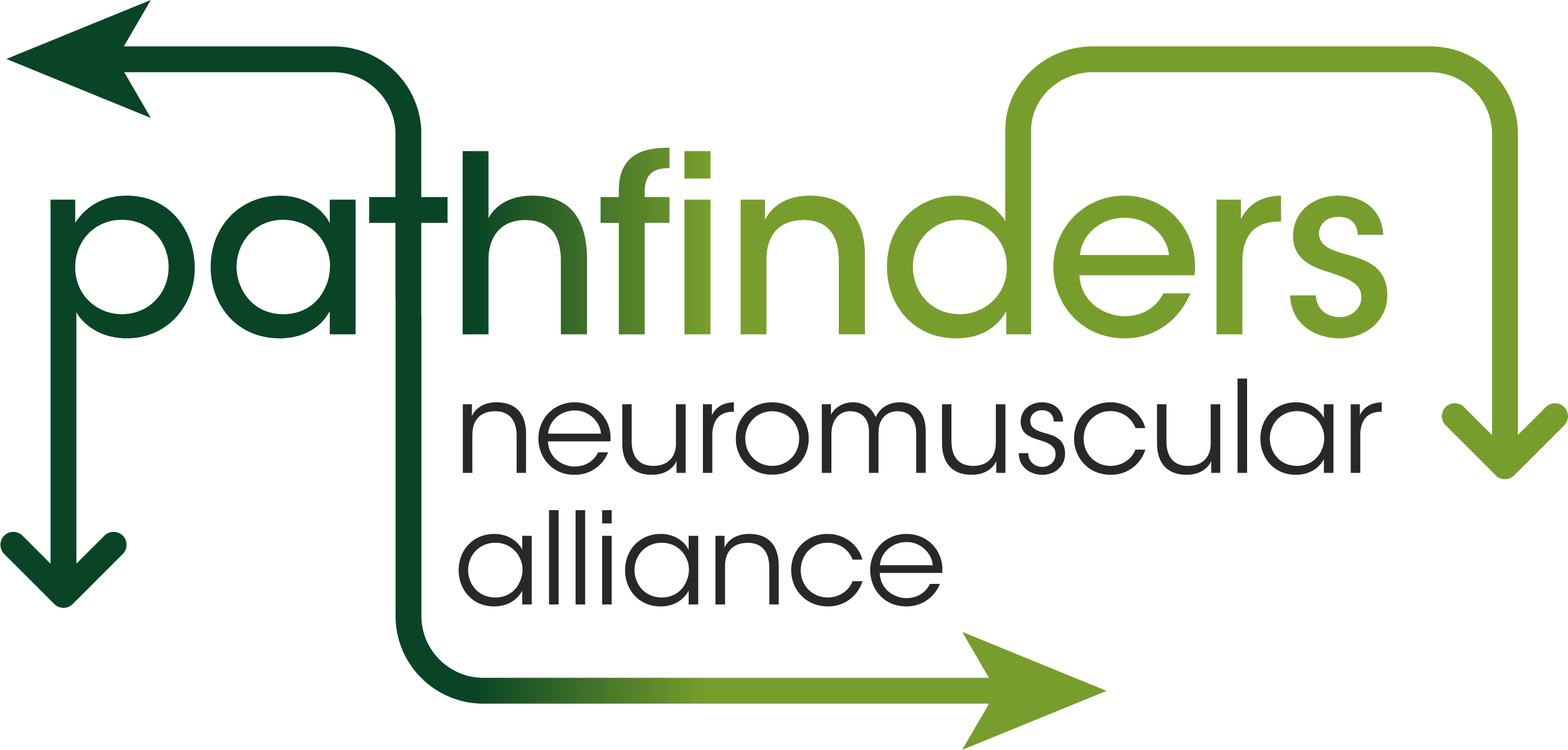Nutraceuticals and dietary supplements are made from natural food sources. People believe they will have health benefits beyond their basic nutritional value. They can come in different forms, such as pills, fortified foods, or functional foods. They contain various nutrients and natural substances. The idea is that these products can provide some of the benefits of medicines but without the side effects. Evidence has shown some of these to be helpful. However it’s important to be cautious and speak with a healthcare provider before using them. Their effectiveness and safety can vary.
It is important for everyone to have a balanced range of vitamins and minerals from a healthy diet, and this often requires supplementation with a multi-vitamin, and potentially additional supplements such as fatty acids (fish oil), calcium, and vitamin D. However, it is difficult to know whether you are deficient in any of these without regular blood tests. Supplementation should be guided by blood tests.
Nutritional supplements and DMD
There have been a range of nutritional supplements investigated in people with muscle-weakening conditions, especially in boys with DMD. The most promising supplement is creatine monohydrate. A systematic literature review (considered the highest level of evidence) demonstrated that creatine supplementation had some short to medium term benefits with regard to strength and muscle mass in people with DMD.
This review included data from five clinical trials including ambulatory boys with DMD. However, there is a lack of long term evidence for creatine in DMD, and no data that describes how it affects adults with DMD.
Scientists have investigated other supplements in clinical trials for boys with DMD. These include: glutamine, Coenzyme Q10, fish oil, leucine and carnitine. There has not been strong evidence of an effect with these supplements nor is there any data for these supplements in adult populations. While some people choose to take them, others do not.
There have been many supplements investigated in the DMD mouse model. Whilst there have been some interesting results in these studies, these findings do not always translate directly into humans. It is important to be cautious when reading about these studies.
Nutritional supplements and other muscle-weakening conditions
For people with other muscle-weakening conditions, there has been less research into whether specific nutritional supplements will have an effect on the condition. This means that there is no evidence that specific supplements will help most people with muscle-weakening conditions. There are some rare muscle-weakening conditions linked to specific fatty acid deficiencies. These are now recognised and treated, but those supplements are unlikely to have any benefit on people with other muscle-weakening conditions.
Don’t believe everything you read
There are a wide range of unsubstantiated claims regarding specific nutrients and diets to treat many different conditions, including Duchenne. Claims have become increasingly sophisticated. They are often promoted by medical professionals and linking to articles in journals. However, often these journals have no quality control or peer review process and those medical professionals may earn money from products they recommend.
Some supplements offer promise but haven’t yet been subject to clinical trials to prove if they work. Scientists have studied others and found that they don’t work.
In researching suggested diets and supplements, it is important to identify the evidence base supporting their use (publications, clinical data, human trials, animal studies) and whether these are from a reputable source (e.g. a recognised specialist DMD clinic or peer-reviewed journal). Take care not to believe everything you read.
If you are considering making any dietary changes or taking supplements, make sure you speak to your healthcare team first. There may be interactions with medications, or risks of over-supplementing with certain products.


